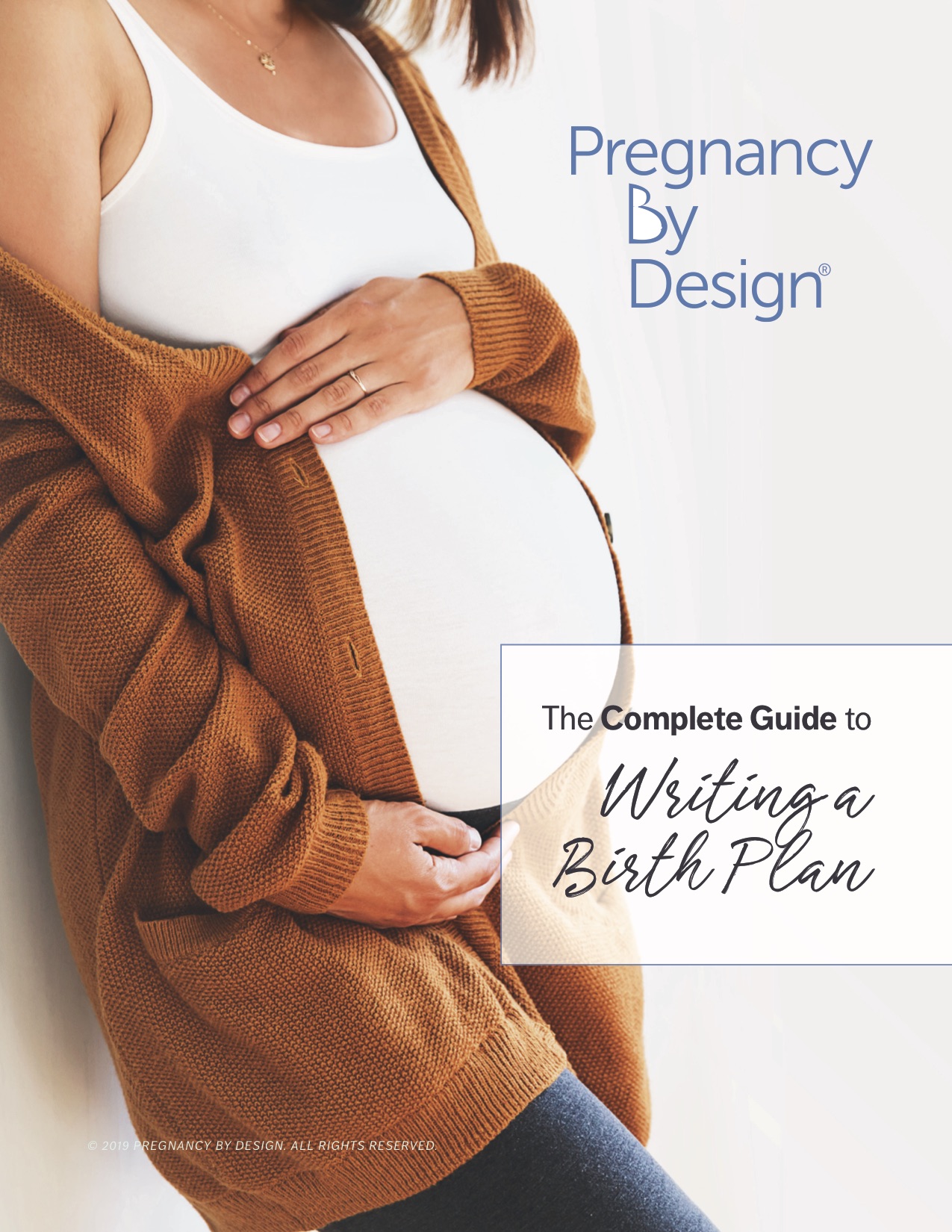Early Signs of Pregnancy
Not sure if you’re pregnant but have a nagging feeling you might be? If you have been trying to conceive, it can be hard to wait to take a home pregnancy test. These early signs of pregnancy may help you determine if you could be pregnant.
The Most Common Early Signs of Pregnancy Include:
Nausea With or Without Vomiting
Many women report feeling nauseous as one of the earliest signs of pregnancy. This is commonly referred to as morning sickness (link to morning sickness post) which can begin between 2-8 weeks following conception. The name can be misleading because morning sickness can actually occur anytime during the day or night.
Breast Tenderness
As early as 1 to 2 weeks after conception, women notice breast changes such as sensitive, swollen or tender breasts. Breast tenderness or sore breasts in early pregnancy is due to hormone level changes and should resolve after a few weeks once your body becomes accustomed to pregnancy.
Increased Need to Urinate
The need to urinate or pee more often is a common, early sign of pregnancy. This also occurs in the final weeks before baby is due. In early pregnancy frequent urination is due to an increase in a hormone known as hCG which increases the blood flow to the pelvic area. In late pregnancy it is due to the baby’s weight pushing down on your bladder.
Headaches
Headaches are common in early pregnancy due to a sudden rise in hormones.
Food Aversions
In early pregnancy, it’s pretty common to experience aversions to certain smells, even to certain foods that you once used to enjoy. No one really knows for sure why this occurs but it is thought to be due to the increasing levels of estrogen in your body.
Food Cravings
Tired or Fatigued
If you are pregnant you may begin feeling tired or fatigued as early as 1 week after you conceive. It is due to the rise in progesterone, a hormone that helps maintain the pregnancy and helps milk-producing glands to grow.
Light Bleeding
About 25% of women experience light spotting during early pregnancy (6-12 days after conception and is common up to 12 weeks of pregnancy). It is usually lighter in color than menstrual (period) blood. This light vaginal bleeding is often called implantation bleeding because it occurs at the time of implantation when the sperm fertilizes the egg. In a study done by the American Pregnancy Association, only 3% of women noted implantation bleeding as their first sign of pregnancy.
Mood Changes
Mood swings can occur as soon as a few weeks after conception. These changes in mood are due to sudden hormone levels changing and are very common in early pregnancy. You may find yourself feeling unusually emotional or weepy.
Missed Period
A missed period (menstrual cycle) is the most common reason that a woman will suspect she is pregnant and take a pregnancy test. Some women do continue to have their menstrual cycle while pregnant but it is usually lighter and shorter than their usual menstrual period.
Some Less Common Early Signs of Pregnancy
A Strange Metallic Taste
An increase in the hormones estrogen and progesterone can cause changes in taste for some pregnant women. A metallic taste, known as dysegusia, causes some women to feel as though they have pennies in their mouth.
Constipation
Hormonal changes may cause you to feel bloated, like you have to go to the bathroom but you aren’t able to.
Dizziness
Pregnant women may feel dizzy or lightheaded in early pregnancy. This is due to a drop in blood pressure as well as dilated blood vessels.
Abdominal Cramps
Some women experience abdominal cramping or a dull ache as they would prior to the onset of their period.
Other Reasons You Might be Feeling Pregnancy-Like Symptoms
While many of the above signs can indicate pregnancy, they could also be due to other things such as:
- Stress
- A change in birth control
- A health condition, such as hormonal imbalance
- Pending menstruation
If you believe you might be pregnant, take a home pregnancy test or make an appointment with a pregnancy center or healthcare provider. If you have positive test result, schedule an appointment with a pregnancy health care provider – learn more about what you can expect at your first prenatal appointment here.
Disclaimer: Pregnancy by Design’s information is not a substitute for professional medical advice or treatment. Always ask your healthcare provider about any health concerns you may have.
Cited Research:
National Institutes for Health. What are some common signs of pregnancy. Retrieved from https://www.nichd.nih.gov/health/topics/pregnancy/conditioninfo/signs.
Deutchman, M, Tubay AT, & Turok, D. First Trimester Bleeding. Am Fam Physician. 2009 Jun 1;79(11):985-992. Retrieved from https://www.aafp.org/afp/2009/0601/p985.html.
Free Video Guide on Creating Your Birth Plan!
The Complete Guide to Writing Your Birth Plan is a step by step walk-through of the most important aspects of creating an effective birth plan. The guide covers everything you need to know from interviewing a provider, comfort measures and additional 1-page birth plan to talk over with your provider. Get free access today!














 Your First Prenatal Care Appointment – What to Expect & How to Prepare
Your First Prenatal Care Appointment – What to Expect & How to Prepare